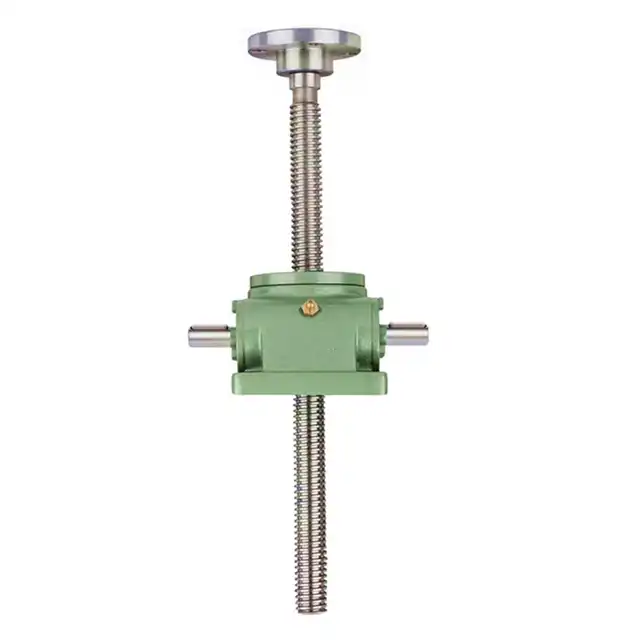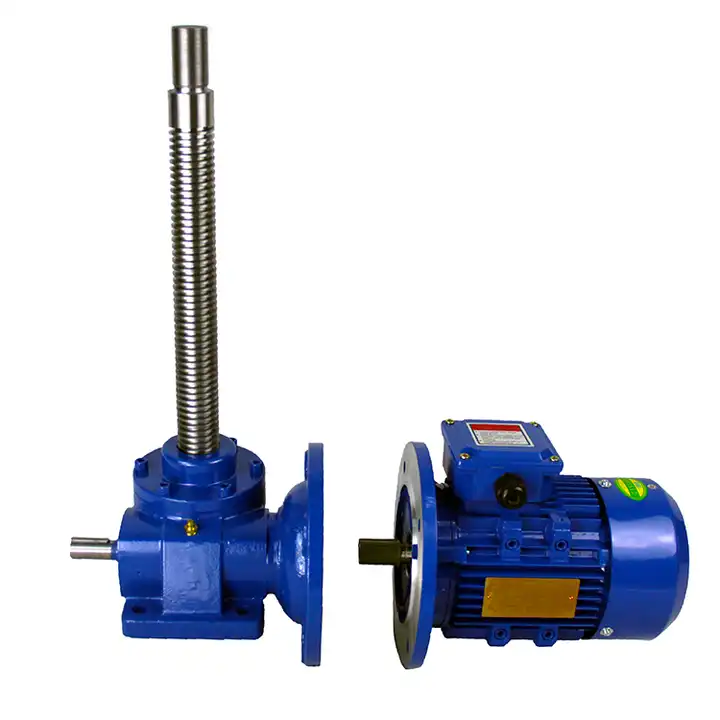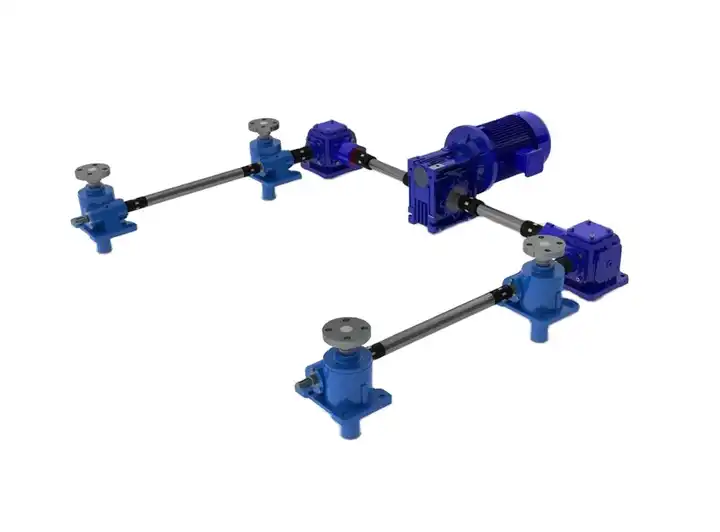Product Description
| Standard: | ANSI/ASME B 18.31.2,DIN975/DIN976, |
| Diameter: | 1/4″-5″,M6-M125 |
| Length: | ≤9m or 30feet |
| Material: | Carbon Steel, Alloy Steel, Stainless Steel, Brass |
| Grade: | Class 4.8, 5.8, 6.8, 8.8, 10.9, 12.9 ASTM A193 / ASTM A193M Grade B5 (AISI 501) ASTM A193 / ASTM A193M Grade B6, B6X (AISI 410) ASTM A193 / ASTM A193M Grade B7, B7M (AISI 4140, AISI 4142, AISI 4145, AISI 4140H, AISI 4142H, AISI 4145H ASTM A193 / ASTM A193M Grade L7,L7M,L43 ASTM A193 / ASTM A193M Grade B16 ASTM A193 /A193M, ASTM A320 /A320M Grade B8, B8A (AISI 304, AISI 304L, AISI 304H) ASTM A193 /A193M, ASTM A320 /A320M Grade B8C, B8CA (AISI 347, AISI 347H) ASTM A193 /A193M, ASTM A320 /A320M Grade B8M, B8MA, B8M2, B8M3 (AISI 316, AISI 316L, AISI 316H) ASTM A193 /A193M, ASTM A320 /A320M Grade B8P, B8PA (AISI 305) ASTM A193 /A193M, ASTM A320 /A320M Grade B8N, B8NA (AISI 304N) ASTM A193 /A193M, ASTM A320 /A320M Grade B8MN, B8MNA (AISI 316N) ASTM A193 /A193M, ASTM A320 /A320M Grade B8MLCuN, B8MLCuNA ASTM A193 /A193M, ASTM A320 /A320M Grade B8T, B8TA (AISI 321, AISI 321H) ASTM A193 /A193M, ASTM A320 /A320M Grade B8A, B8RA ASTM A193 /A193M, ASTM A320 /A320M Grade B8S, B8SA ASTM A193 /A193M, ASTM A320 /A320M Grade B8LN, B8LNA (AISI 304N, AISI 304LN) ASTM A193 /A193M, ASTM A320 /A320M Grade B8MLN, B8MLNA (AISI 316N, AISI 316LN) |
| Thread: | M,UNC,UNF,UN,UNR |
| Finish: | Plain, Zinc Plated(Clear/Blue/Yellow/Black), H.D.G, PTFE,Zinc Nickel,Geomet,Dacromet,Zinteck,Magni |
| Packing: | Bulk in cartons (25kg Max.)+wood Pallet, woven bag then pallet, according to customer special demand |
| Application: | Oil&Gas; Structural Steel; Metal Building; Tower&Pole; Wind Energy; Mechanical Machine; Home Decorating |
| Equipments: | Caliper, Go&No-go gauge, Tensile test machine, Hardness tester, Salt spraying tester, H.D.G thickness tester, 3D detector, Projector, Magnetic flaw detected, Spectrometer |
| Supply Ability: | 1000 tons per month |
| MOQ: | According to customer demand |
| Trade Term: | FOB/CIF/CFR/CNF/EXW/DDU/DDP |
| Payment: | T/T, L/C, D/A , D/P ,West Union,Paypal.etc |
| Market: | Europe/South&north America/East&South East Asia/Middle East/Australia and etc. |
| Professional: | More than 15 years of experience in the fasteners industry Our Main market is North&South America and proficient in DIN/ASME/ASTM/IFI standard. |
| Advantage: | One-stop shopping; High quality; Competitive price; Timely delivery; Technical support; Supply Material and Test Reports; Samples for free |
| Notice: | Please let us know the Size, quantity, Material or Grade, surface, If it is special and Non-standard products, please supply the Drawing or Photos or Samples to us |
ZheJiang G&T Industry Co., Ltd. is a manufacturer of all standard DIN, BS,JIS and ISO fasteners and other industrial parts with well-equipped testing facilities and strong technical force.
With a wide range, good quality, reasonable prices and stylish designs, our products are extensively used in Oil & Gas, Electricity, Construction, Solar energy, Automotive, Machinery & Equipment and other industries.
Q1: Why choose us?
To provide our customers with first-class services in the supply of quality fasteners minimizing costs.
1.1. Vision: We wishes to build successful relations with our partners and be their first choice as an fasteners supplier.
1.2. Mission: professional customer service, and innovation in technology.
Further more, we do not only offer you fasteners with more reasonable quality and price than your expectations, but also would like to be your friend and to provide you market sales suggestion for your reference, if you have a better idea , please feel free to share with us.
Q2.How is quality ensured?
All our processes strictly adhere to ISO9001:2008 procedures. We have strict quality control from producing to delivery.Our company had strong technology support, We have cultivated a group of managers who are familiar with product quality , good at modern concept of management.
Q3:If you can not find on our website the product you need how to do?
You can send the pictures/photos and drawings of the products you need by email , we will check if we have them. We develop new models every month, Or you can send us samples by DHL/TNT, then we can develop the new model especially for you.
Q4:Can You Strictly Follow The Tolerance on The Drawing And Meet The High Precision?
Yes, we can, we can provide high precision parts and make the parts as your drawing.
Q5: How should I order and make payment?
By T/T, for samples 100% with the order; for production, 30% paid for deposit by T/T before production arrangement, the balance to be paid before shipment.
Q6: What’s your Delivery Time?
Standard parts: 7-15days
Non-standard parts: 15-25days
We will make the delivery as soon as possible with the guarantee quality.
Q7:How to Custom-made (OEM/ODM)
If you have a new product drawing or a sample, please send to us, and we can custom-made the hardware as your required. We will also provide our professional advices of the products to make the design to be more realized & maximize the performance.
Q8:Which mode of transport would be better?
In general, the production are heavy, we advice to make delivery by sea, Also we respect your views of other transportation as well.
/* January 22, 2571 19:08:37 */!function(){function s(e,r){var a,o={};try{e&&e.split(“,”).forEach(function(e,t){e&&(a=e.match(/(.*?):(.*)$/))&&1
| Material: | Alloy Steel |
|---|---|
| Surface Finishing: | PTFE |
| Grade: | A193 B7 |
| Certification: | ISO, GS, RoHS, CE |
| Customized: | Customized |
| Transport Package: | 20-25kg Carton+900kg/Pallet |
| Customization: |
Available
| Customized Request |
|---|

What role do screw jacks play in the precision of assembly line operations?
Screw jacks play a crucial role in ensuring the precision of assembly line operations. They are widely used in manufacturing and assembly processes where accurate positioning, alignment, and control are essential. Here’s how screw jacks contribute to the precision of assembly line operations:
- Precise Positioning: Screw jacks provide precise and controlled linear motion, allowing for accurate positioning of components, parts, or tools on the assembly line. The screw mechanism of the screw jack enables fine adjustments with high positional accuracy, ensuring that each component is correctly placed and aligned according to the required specifications.
- Height Adjustment: Screw jacks are commonly used for height adjustment applications in assembly lines. They allow for easy and precise vertical movement, enabling operators to align workstations, fixtures, or equipment at the optimal height for efficient assembly operations. The ability to fine-tune the height with screw jacks ensures ergonomic working conditions and promotes worker comfort and productivity.
- Load Handling: Screw jacks have the capability to handle a wide range of loads, from light to heavy. This makes them suitable for assembly line operations that involve different types of components or equipment with varying weights. By providing reliable load support and stability, screw jacks contribute to the precision of assembly line operations by ensuring that the load is properly supported and aligned during the assembly process.
- Force Control: Screw jacks offer precise force control capabilities, allowing operators to apply consistent and controlled forces during assembly operations. This is particularly important for tasks that require delicate handling or specific force requirements, such as tightening bolts, fastening components, or applying pressure for proper fitment. The force control provided by screw jacks helps maintain the required precision and avoids overloading or damaging the assembly components.
- Synchronization: In assembly line operations that involve multiple workstations or moving parts, screw jacks can be synchronized to ensure coordinated movement. By mechanically or electrically linking the screw jacks together, they can

What are the common signs of wear or issues that might require screw jack maintenance?
Regular maintenance is important for ensuring the proper functioning and longevity of screw jacks. It helps identify and address potential issues before they escalate into more significant problems. Here are some common signs of wear or issues that might indicate the need for screw jack maintenance:
- Unusual Noise: If a screw jack starts producing unusual noises during operation, such as grinding, squeaking, or knocking sounds, it could indicate a problem. These noises may be a result of worn or damaged components, inadequate lubrication, misalignment, or other mechanical issues. Prompt maintenance is necessary to diagnose and resolve the source of the noise.
- Increased Friction: If the movement of the screw jack becomes more difficult or requires excessive force, it could indicate increased friction within the mechanism. This may be caused by insufficient lubrication, contaminated lubricant, or worn components. Addressing the friction issue through maintenance, including lubrication and inspection of components, is important to prevent further damage and ensure smooth operation.
- Excessive Play or Backlash: Excessive play or backlash refers to unwanted movement or looseness in the screw jack assembly. It can occur due to worn or damaged components, improper assembly, or misalignment. Excessive play can negatively impact the precision, stability, and load-bearing capacity of the screw jack. Maintenance should be conducted to identify the cause of the play and rectify it to restore proper functionality.
- Irregular Movement: If the screw jack exhibits irregular or jerky movement instead of smooth and consistent operation, it may indicate issues with the drive mechanism, misalignment, or worn parts. Irregular movement can affect the performance and accuracy of the screw jack, potentially leading to safety hazards or reduced efficiency. Maintenance is necessary to diagnose and address the underlying causes of irregular movement.
- Leakage or Seal Damage: Screw jacks equipped with hydraulic or lubricant-filled systems may experience leakage or seal damage over time. Leakage can result in a loss of lubrication or hydraulic fluid, leading to inadequate lubrication, reduced performance, or system failure. Regular inspection and maintenance of seals, gaskets, and fluid levels are necessary to identify and rectify any leaks or seal damage.
- Visible Wear or Damage: Physical inspection of the screw jack is essential to identify visible signs of wear or damage. This may include worn threads, cracked or damaged housing, bent or misaligned components, or signs of corrosion. Any visible wear or damage should be addressed through maintenance to prevent further deterioration and ensure safe and reliable operation.
Regular inspection and maintenance are crucial to detect and address these signs of wear or issues promptly. It is recommended to follow the manufacturer’s guidelines for maintenance intervals and procedures to ensure the optimal performance and longevity of screw jacks.

How do manufacturers ensure the quality and reliability of screw jack mechanisms?
Manufacturers employ various quality control and testing measures to ensure the quality and reliability of screw jack mechanisms. These measures are implemented throughout the manufacturing process to verify that the screw jack meets the required standards and performance specifications. Here are some common practices manufacturers use to ensure quality and reliability:
- Design and Engineering: Manufacturers invest in robust design and engineering processes to develop screw jack mechanisms that meet the intended specifications. This includes selecting appropriate materials, determining the optimal thread design, and performing structural analysis to ensure the screw jack can handle the expected loads and movements. Thorough design and engineering processes contribute to the overall quality and reliability of the mechanism.
- Material Selection: Manufacturers carefully select materials with the necessary strength, durability, and corrosion resistance for the construction of screw jack mechanisms. High-quality materials, such as alloy steels or stainless steels, are often chosen to ensure the longevity and reliability of the screw jack. Material selection is based on factors such as load requirements, environmental conditions, and industry standards.
- Quality Assurance: Manufacturers implement comprehensive quality assurance processes to monitor and control the manufacturing steps. These processes include inspections, audits, and documentation to ensure that each screw jack meets the specified quality standards. Quality assurance measures may involve checks for dimensional accuracy, thread quality, surface finish, and proper assembly. Through quality assurance, manufacturers can identify and address any potential defects or deviations from the desired specifications.
- Testing and Performance Evaluation: Manufacturers conduct rigorous testing and performance evaluations to verify the functionality, load capacity, and reliability of screw jack mechanisms. This may involve load testing, endurance testing, and cycling tests to simulate real-world operating conditions. Testing helps validate the performance of the screw jack and ensures that it can handle the intended loads and movements without failure or significant degradation over time.
- Compliance with Standards: Manufacturers ensure that screw jack mechanisms comply with relevant industry standards and regulations. Compliance with standards such as ISO (International Organization for Standardization) or specific industry standards provides assurance of the quality and reliability of the product. Manufacturers may obtain certifications or undergo third-party audits to validate compliance with these standards.
- Customer Feedback and Continuous Improvement: Manufacturers value customer feedback and use it to drive continuous improvement in the design, manufacturing, and performance of screw jack mechanisms. By actively seeking input from customers and end-users, manufacturers can identify areas for enhancement and implement changes to improve the quality and reliability of their products.
By implementing stringent design processes, careful material selection, thorough quality assurance, testing and performance evaluation, compliance with standards, and continuous improvement practices, manufacturers ensure the quality and reliability of screw jack mechanisms. These measures help deliver screw jacks that meet the industry’s expectations for performance, safety, and durability.


editor by CX 2024-04-12